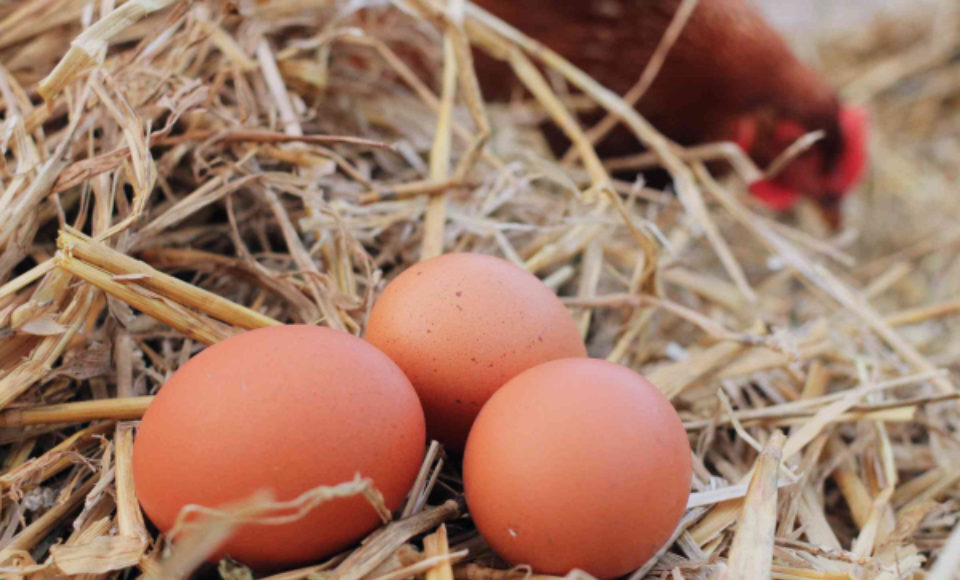Chickens are beloved barnyard animals, and many people start raising them with the hope of enjoying fresh eggs every day. However, no matter how well you care for your chickens or how perfect their environment might be, diseases can strike and affect their egg production. Understanding the diseases that affect egg production is crucial for any chicken lover seeking to maintain a healthy flock and ensure consistent egg supply.

Why is Egg Production Important?
For most poultry enthusiasts, egg production is the primary reason for keeping chickens. Eggs are a valuable food source and can be a crucial part of a balanced diet. Additionally, the health of your chickens directly influences the quality and quantity of the eggs they produce. Thus, preventing and managing diseases that could impact egg production is critical.
Common Diseases That Affect Egg Production in Chickens
There are several key diseases that poultry can encounter, each with various symptoms and consequences if left untreated. Knowing these diseases and how to prevent them is fundamental for ensuring healthy egg production.
1. Infectious Bronchitis
Infectious bronchitis is a highly contagious viral disease that affects the respiratory system of chickens. It can lead to reduced egg production and abnormal egg appearances. Symptoms include coughing, sneezing, and nasal discharge. Vaccination is the primary prevention method.
2. Avian Influenza
Avian influenza, or bird flu, can severely disrupt egg production. It’s caused by viruses from the Influenzavirus A genus, which affect chickens’ respiratory, digestive, and nervous systems. Implementing strict biosecurity measures can help prevent outbreaks.
3. Newcastle Disease
This viral disease affects the respiratory, digestive, and nervous systems, leading to decreased output and egg quality. Symptoms include respiratory distress, nervous signs like tremors, and reduced appetite. Vaccination and proper sanitation practices can help control its spread.
Managing and Preventing Diseases
The best way to combat these diseases is by implementing a combination of management and prevention strategies.
Regular Health Checks
Conducting regular health checks can help you catch any signs of disease early. Observing changes in behavior, egg production levels, or physical condition can offer clues to any underlying health issues. Read more at egg nutrition facts to understand more about egg quality
Vaccination
Vaccination is crucial for preventing many of the major viral diseases affecting chickens. Ensure your flock is up to date with their vaccinations, especially if you live in an area prone to certain diseases.
Biosecurity Measures
Implementing strong biosecurity measures can greatly reduce the risk of disease. Limit visitors to your coop, clean equipment regularly, and avoid introducing new birds without a quarantine period.
Provide a Clean Environment
Maintaining a clean and sanitary living space is crucial for the health of your flock. Regularly clean the coop and provide fresh water and feed to minimize the risk of disease.
Nutritions Role in Egg Production
Just like humans, chickens need a balanced diet to stay healthy. A well-rounded diet can help support egg production and overall health. Focus on feeds that provide a good mix of proteins, vitamins, and minerals.
Importance of Calcium
Calcium is necessary for producing strong eggshells. Make sure your chickens have access to oyster shells or other supplementary calcium sources.
Essential Vitamins and Minerals
Vitamins A, D, and E, as well as minerals like zinc and manganese, are essential for maintaining health and productivity. Feeding your chickens high-quality commercial feed is an excellent way to ensure they get these key nutrients.
Conclusion
Understanding the diseases that affect egg production is crucial to maintaining a healthy and productive flock of chickens. By implementing these strategies and staying informed on best practices, you can enjoy a bountiful egg supply while ensuring your chicks are healthy and happy. Consider visiting Backyard eggs benefits for more information on maintaining a healthy flock.

FAQ
What are the primary causes of reduced egg production?
Diseases, poor diet, stress from environmental changes, and improper care can lead to decreased egg production.
How can I tell if my chickens are sick?
Signs of illness include lethargy, reduced appetite, changes in behavior, and physical symptoms like feather loss or sneezing.
Should I vaccinate my chickens?
Yes, vaccinations are highly recommended to protect your flock from prevalent diseases that could impact their health and egg production.
This article contains affiliate links. We may earn a commission at no extra cost to you.










